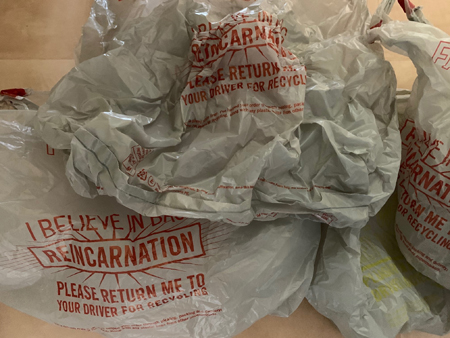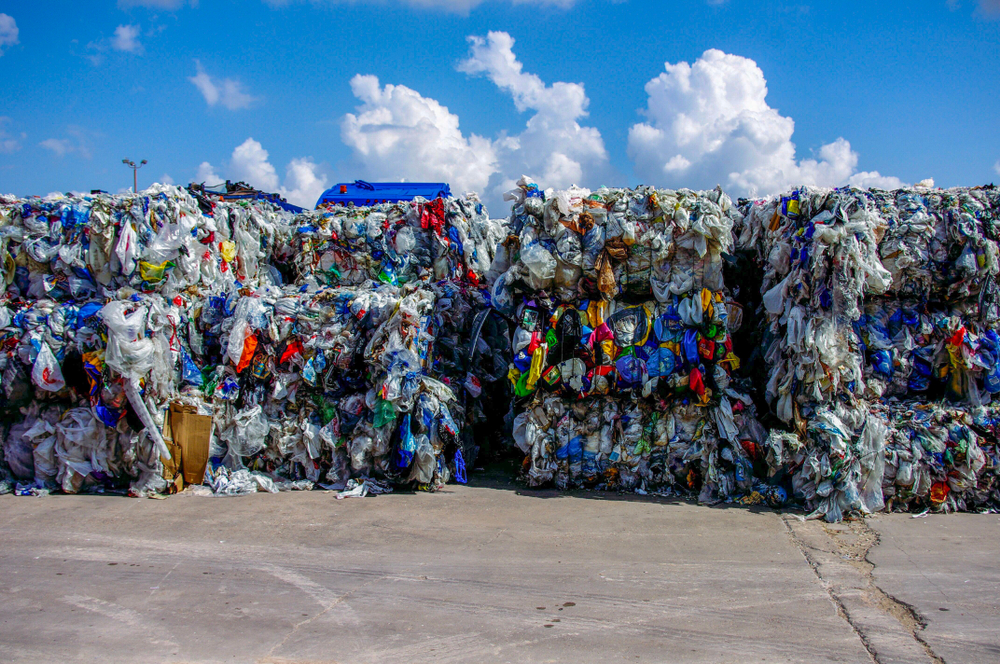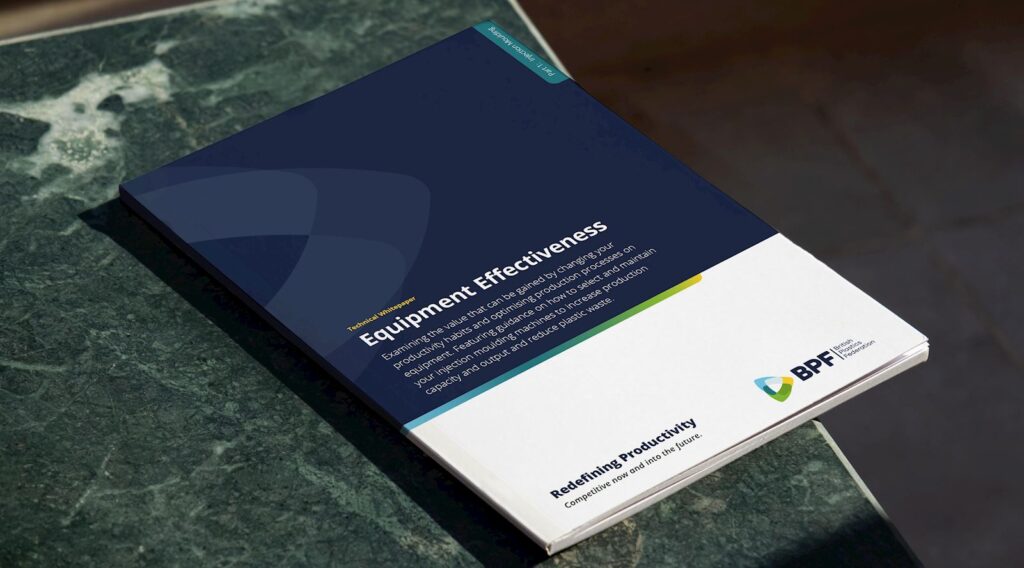The resources charity published a call to action on 14 July, saying that “urgent cross-sector” action is required to develop a recycling system for soft flexible packaging.

WRAP said the issue needs tackling now or the industry risks missing the UK Plastics Pact target of ensuring all plastic packaging being reusable, recyclable or compostable by 2025.
Challenges
Helen Bird, resource management specialist and member of WRAP’s plastics team, spoke to letsrecycle.com about the challenges the industry faces in coming up with solutions for recycling plastic film.
When asked about a lack of solutions outlined by WRAP in the past 20 years for plastic film, Ms Bird said: “The roots of our organisation were all about creating end markets and with plastic film that is one of the biggest challenges, which is one of the things outlined in the roadmap.
“Over the years we have done a lot of work on market development, for plastic film. We haven’t fully cracked that nut. There’s a lot more work to do, which is highlighted in the roadmap.”
She explained that film is an incredibly complex area: “It’s not just about the design, kerbside collections or end markets individually. It’s about all those things pulling together.
“This is why the recycling rate for film is appallingly low. We recycle around 4% of household plastic film at the moment. So this is a massive, massive challenge. We are saying to industry, we all have to pull together to address the challenge.”
However, Ms Bird added that research by WRAP has demonstrated that there may be end markets if polyethylene and polypropylene are blended together.
‘Very frustrated’
WRAP’s call to action reported that plastic film recycling is “undoubtedly the biggest challenge” faced in terms of meeting recycling targets, due in part to a lack of plastic film kerbside collections by local authorities with collection usually being via supermarket film banks.
The situation has worsened recently during the coronavirus pandemic because many of the film recycling banks located at supermarkets have been removed, and more bags are in use, potentially because the charge on plastics bags has also been waived until September. Some retailers, such as Morrisons, are currently delivering groceries in plastic bags but do not take them back because of concerns about coronavirus; previously the retailer operated a recycling scheme. Also impacting on the recycling of film is a lack of demand from overseas market (a longstanding route for plastic films) because of a slump in the value of plastic PRNs as well as growing concerns about the quality of plastic exports.

Despite the closure of most supermarket banks, Ms Bird suggested there are still some avenues for the material. “The first thing is to check with the local supermarkets. We do know that some have taken them away, but that’s not blanket. We don’t want people to put it into their recycling bin if their local authority is collecting.
“Sadly, if local authorities aren’t collecting, it has to go into the residual bin. And we know that people are very frustrated about that, and we are frustrated about it, which is why we launched the roadmap to start taking action. It’s a high volume material which is the stuff left in people’s bins.”
Roadmap
The roadmap released this week sets out five key areas where WRAP, Defra and industry consider efforts should be focused in order to develop a circular economy for flexible plastics, such as simplifying the design of packaging so it is easier to recycle, investing in sorting and reprocessing capacity and capabilities and ensuring recycled flexible plastic packaging has strong and stable end markets.
The scheme was backed by recycling minister Rebecca Pow, who said: “Now more than ever, it is vital we push forwards in our efforts to clamp down on plastic waste and rely more on reusable and recyclable materials.”
But, Mrs Pow did not offer any immediate solution, instead pointing to proposed legislation to encourage plastics recycling which is still at least two years away. The minister said: “We are bringing forward ground-breaking initiatives to deliver this, ranging from an extended producer responsibility scheme to a new world-leading tax for firms which produce or import plastic packaging that does not have at least 30 per cent recycled material.”









Subscribe for free